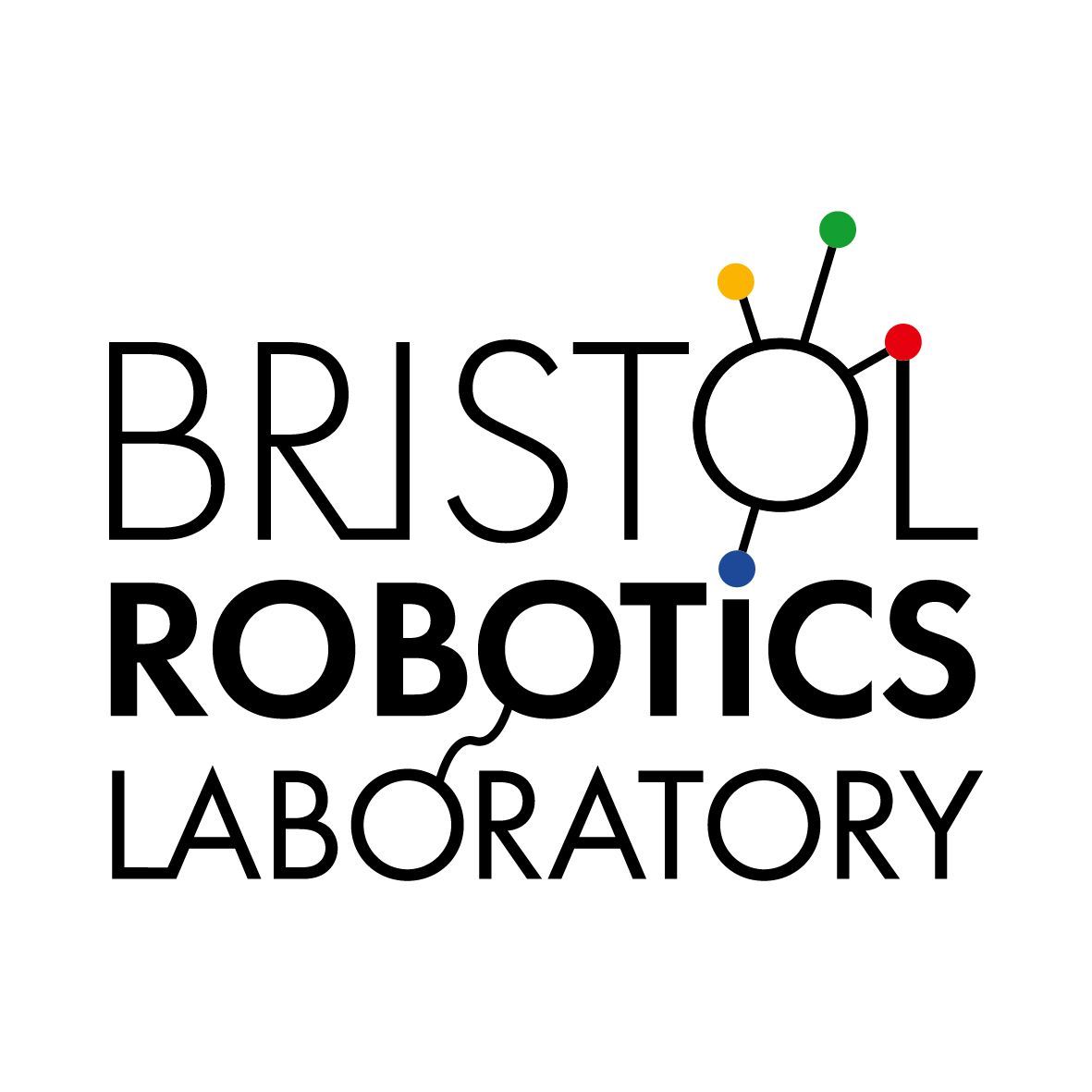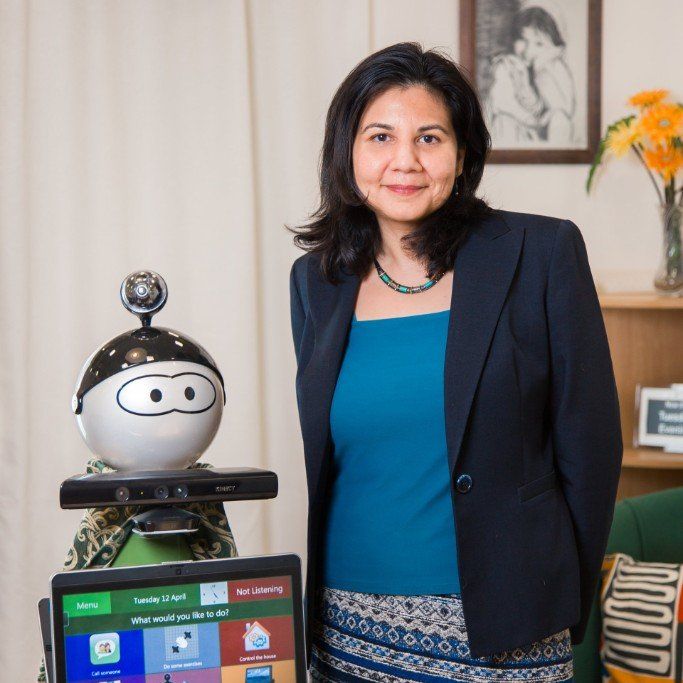Safe Human Robot Interaction
The team's objective is to focus on the difficult issues concerned with enabling intelligent robots to cooperatively interact with humans and other robots in open-ended and dynamically changing environments, where handling and manipulation of objects and realisation of a shared goal is required.
Current Projects
Being There: Humans and Robots in public spaces
Investigating human-human and human-robot interactions in a sensorised public space, using automated affect and behavioural analysis.
'Being There: Humans and Robots in public spaces' is a 3 year EPSRC funded project (under its IDEAS Factory Sandpits call on Digital Personhood) where we will investigate human-human and human-robot interactions in a sensorised public space, using automated affect and behavioural analysis.
The project aims to create a 'model' public space that is endowed with sensing capabilities to autonomously analyse human social behaviours, within which tele-operated robots will be used to allow the participation of remote users.
The space will act as a living lab for use in a series of empirical and experimental social science and psychological studies. These studies will allow comparative analysis of human-human and human-robot interactions in public space, and be utilised to investigate the effects of differences in appearance and behaviours for several robot platforms: NAO, RoboThespian, Peoplebot, and the open source humanoid robot Poppy.
The project aims to use tele-operation as a tool to produce speech, gestures and other non-verbal social behaviour so that we can look at the way robot avatars transmit social presence of the remote user. Through modification of the behaviours transmitted to a robot, and changing their appearances we can, through comparative studies, evaluate influential factors in robot mediated interaction; hence, we will be able to make inferences for autonomous social robot design.
During system development initial studies will be performed in the lab, but the final studies will be conducted 'in the wild' (in our model public space) to improve the utility of the results.
- University of Exeter, Social Psychology (Coordinator)
- University of Bath, CREATE laboratory
- University of Oxford, Internet Institute
- University of Oxford, Computer Science
- Queen Mary University of London, Centre for intelligent sensing
This research grant is funded by the EPSRC under its IDEAS Factory Sandpits call on Digital Personhood, grant ref: EP/L00416X/1.
Past Projects




